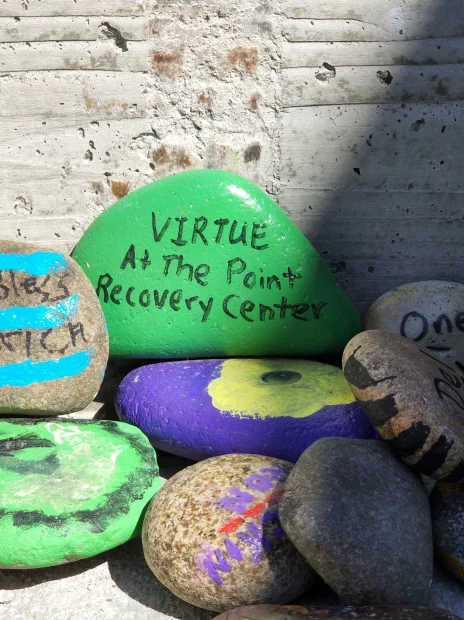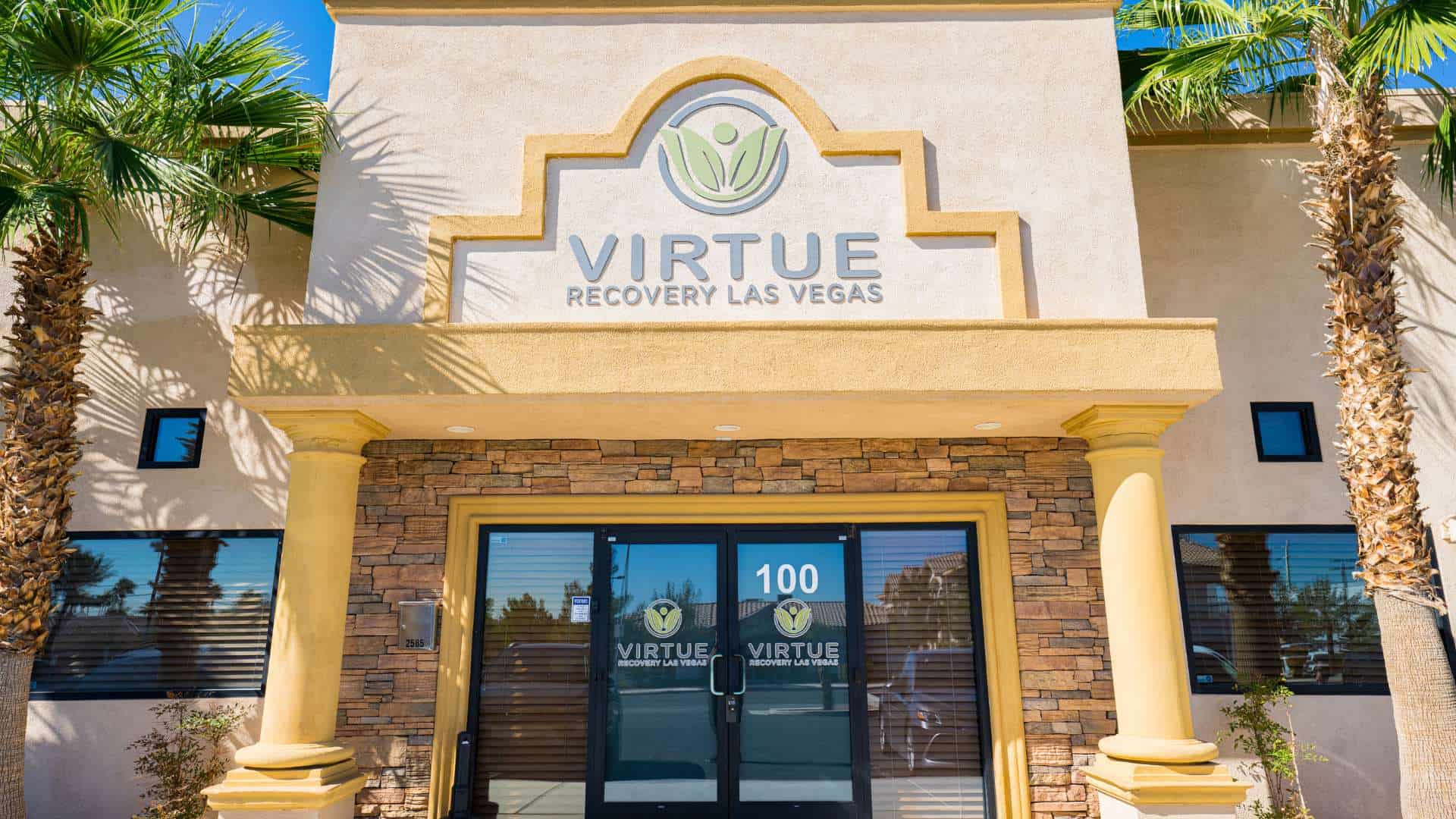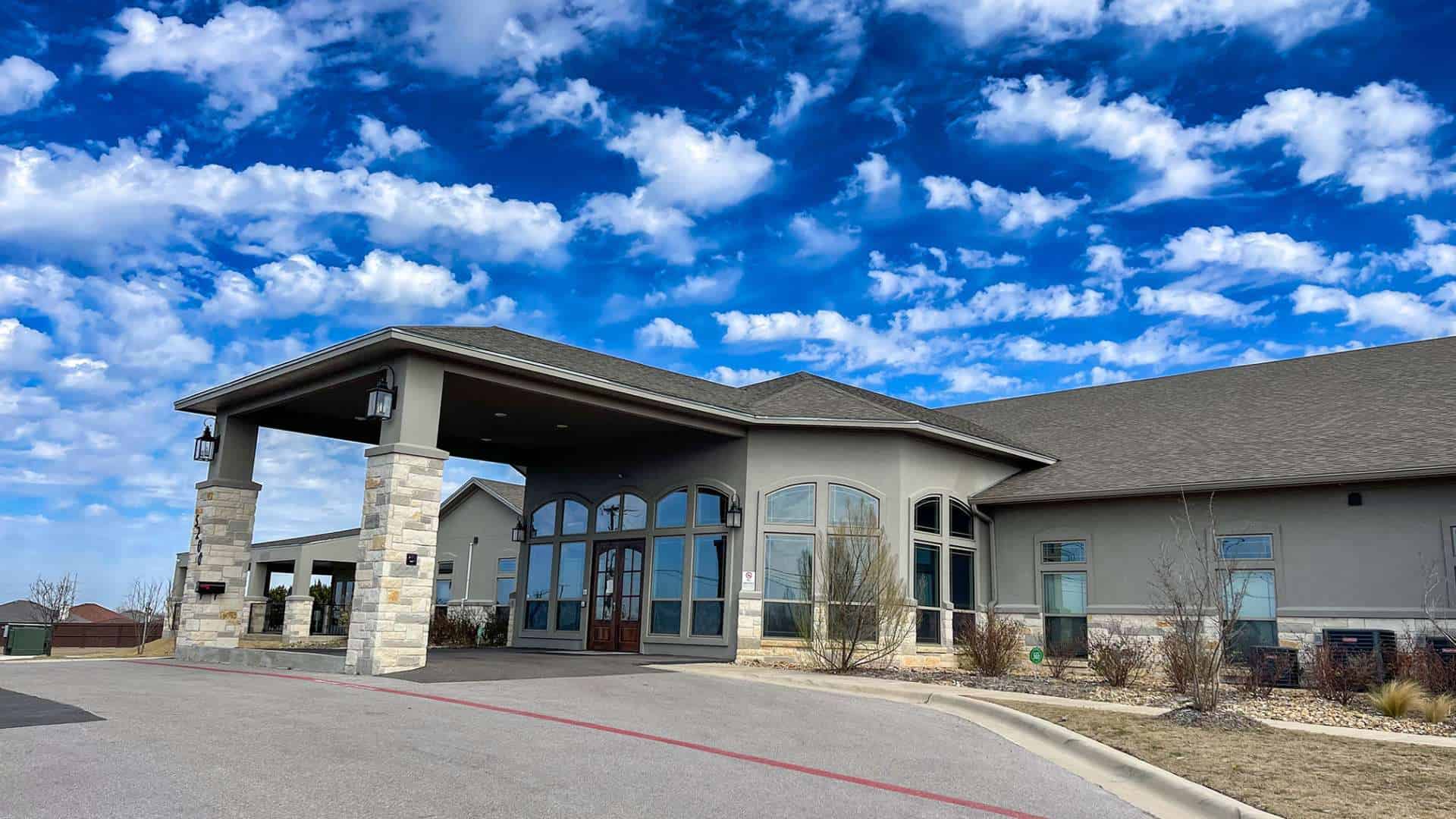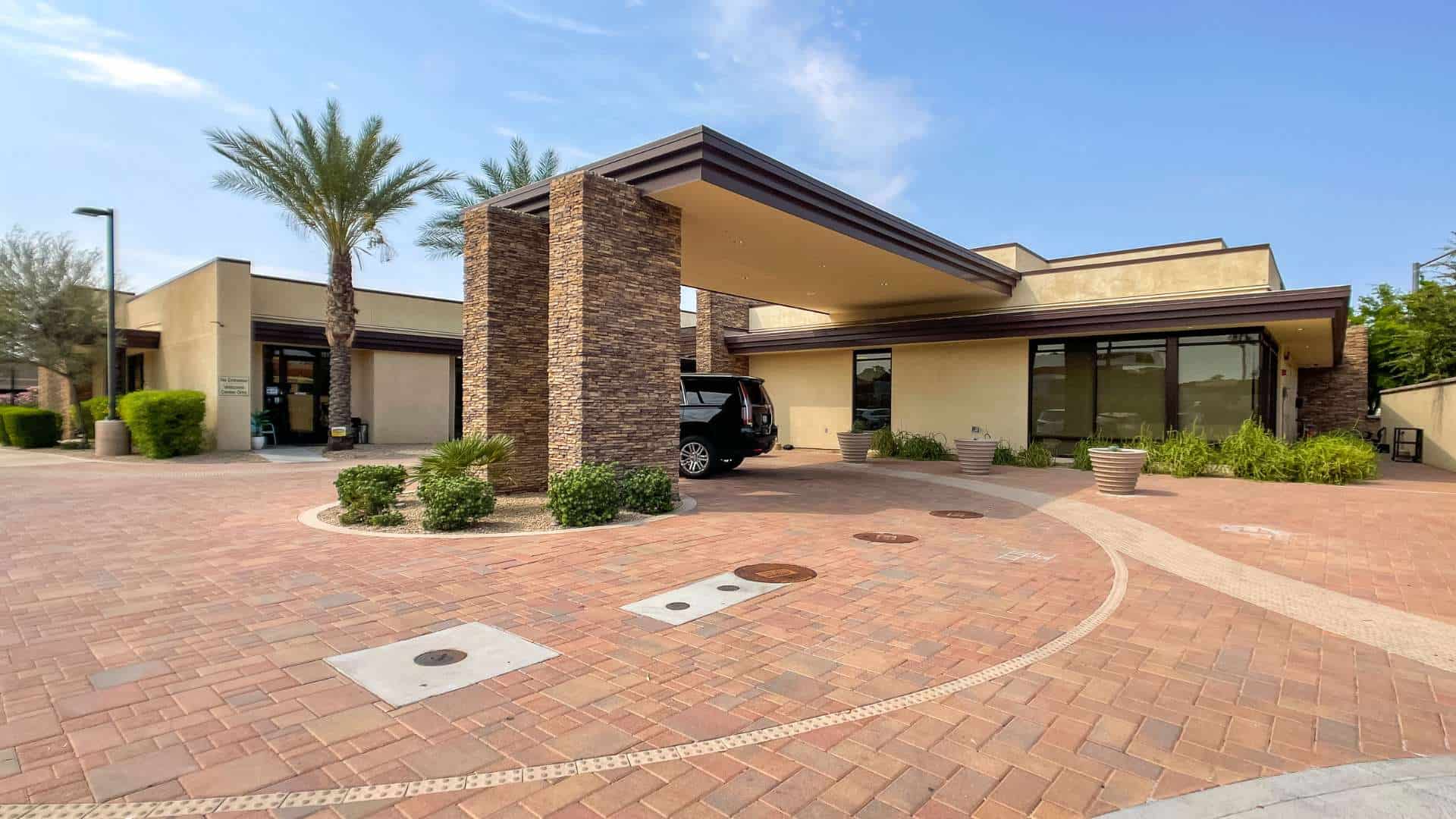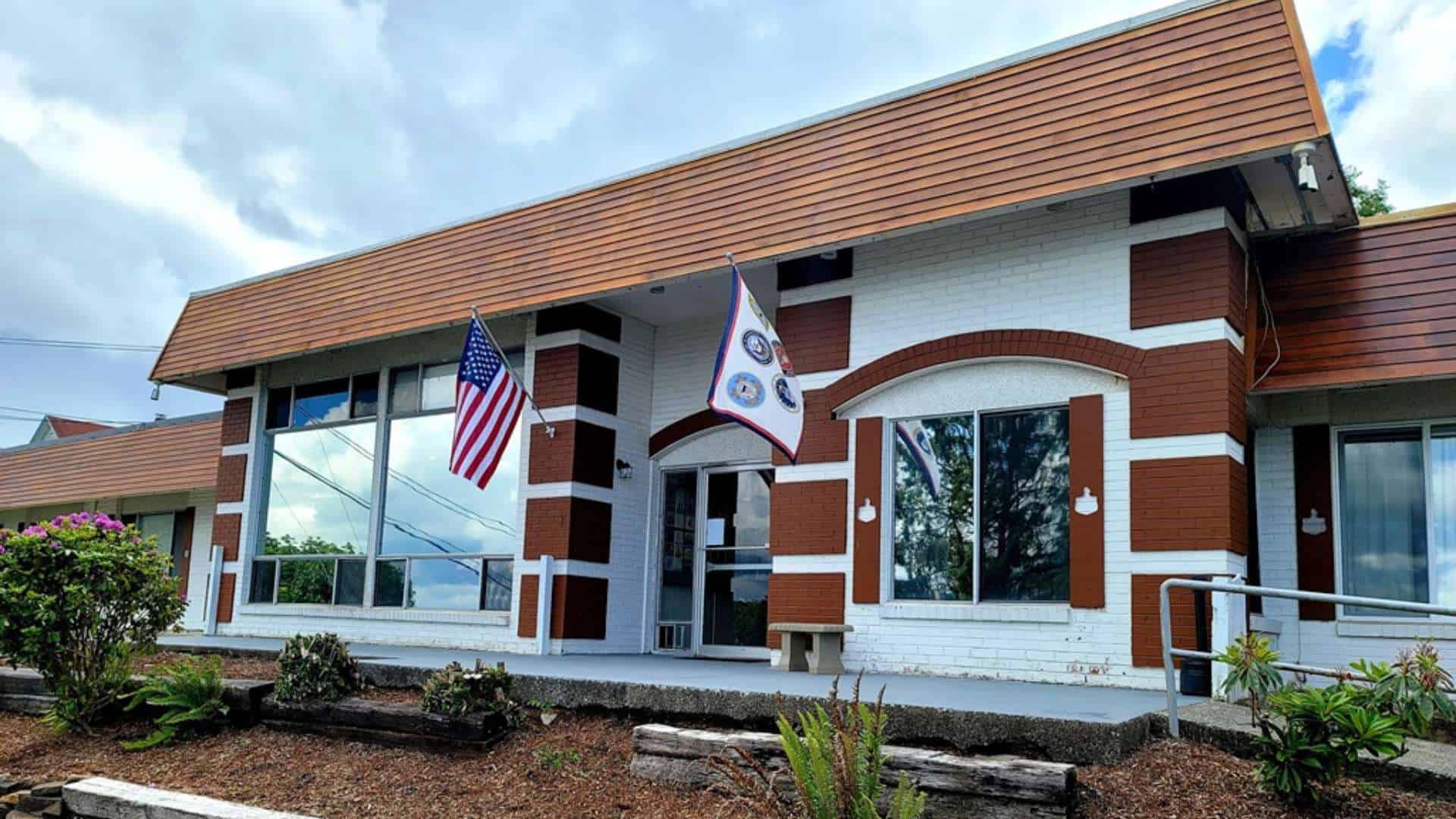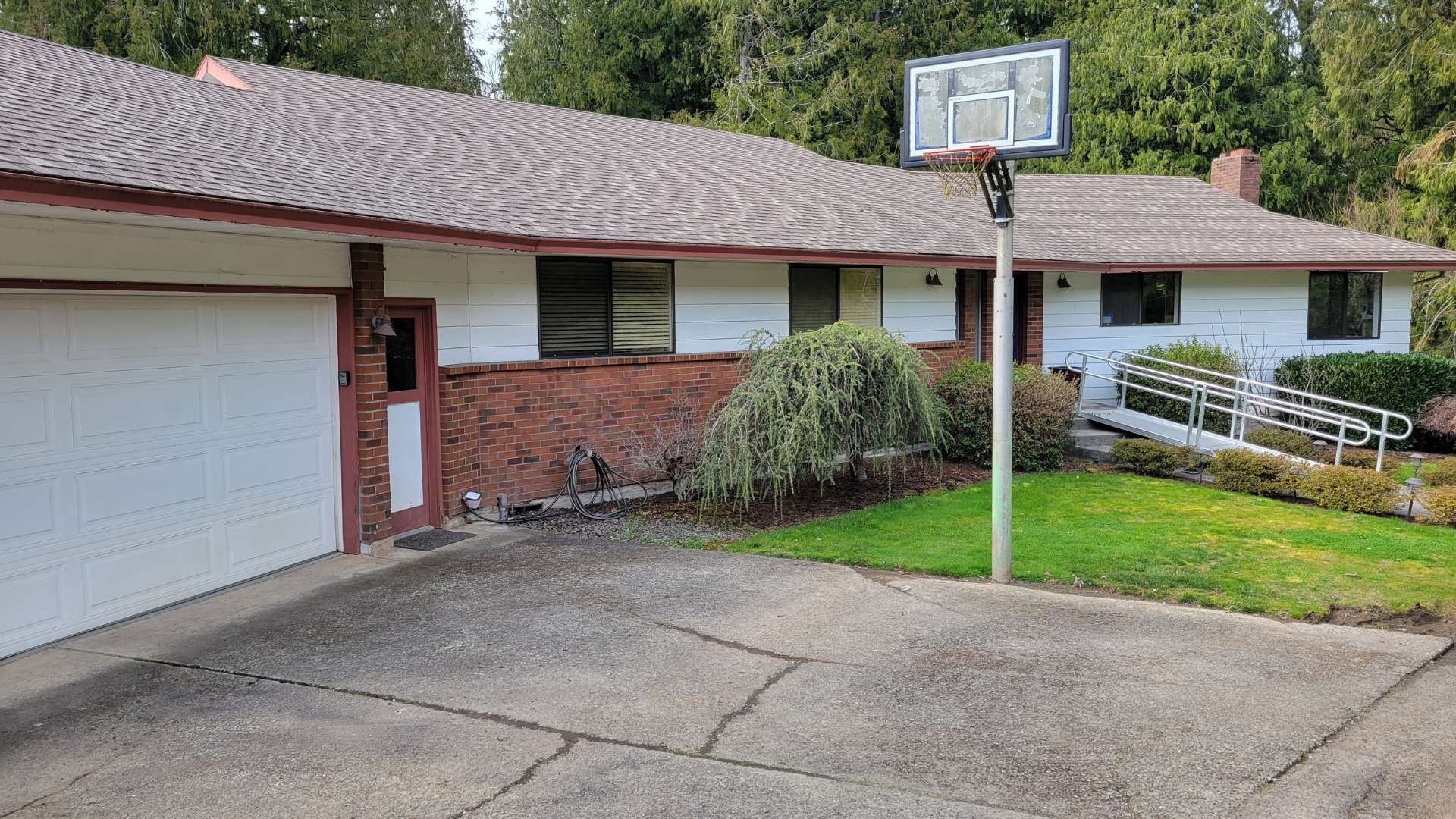What is Medical Detoxification?
Why is medical detox important?
Prolonged use of drugs and alcohol can severely alter brain chemistry, leading to physical dependence. Medical detox is important because it allows for the safe elimination of addictive substances from the body. Withdrawal symptoms from substances including drugs or alcohol can be very dangerous, causing seizures, heart complications, or severe psychological distress, and quitting them 'cold turkey' can cause or exacerbate these symptoms. Individuals in medical detox can minimize symptoms, thus avoiding risk through constant observation 24 hours a day and responding to medical crises quickly.
Medical detox provides individuals with a structured, safe environment to prevent relapse during the initial phases of sobriety. The process also stabilizes the body physically and mentally so individuals can move into further treatment, like counseling, behavioral therapies, or inpatient rehabilitation programs.
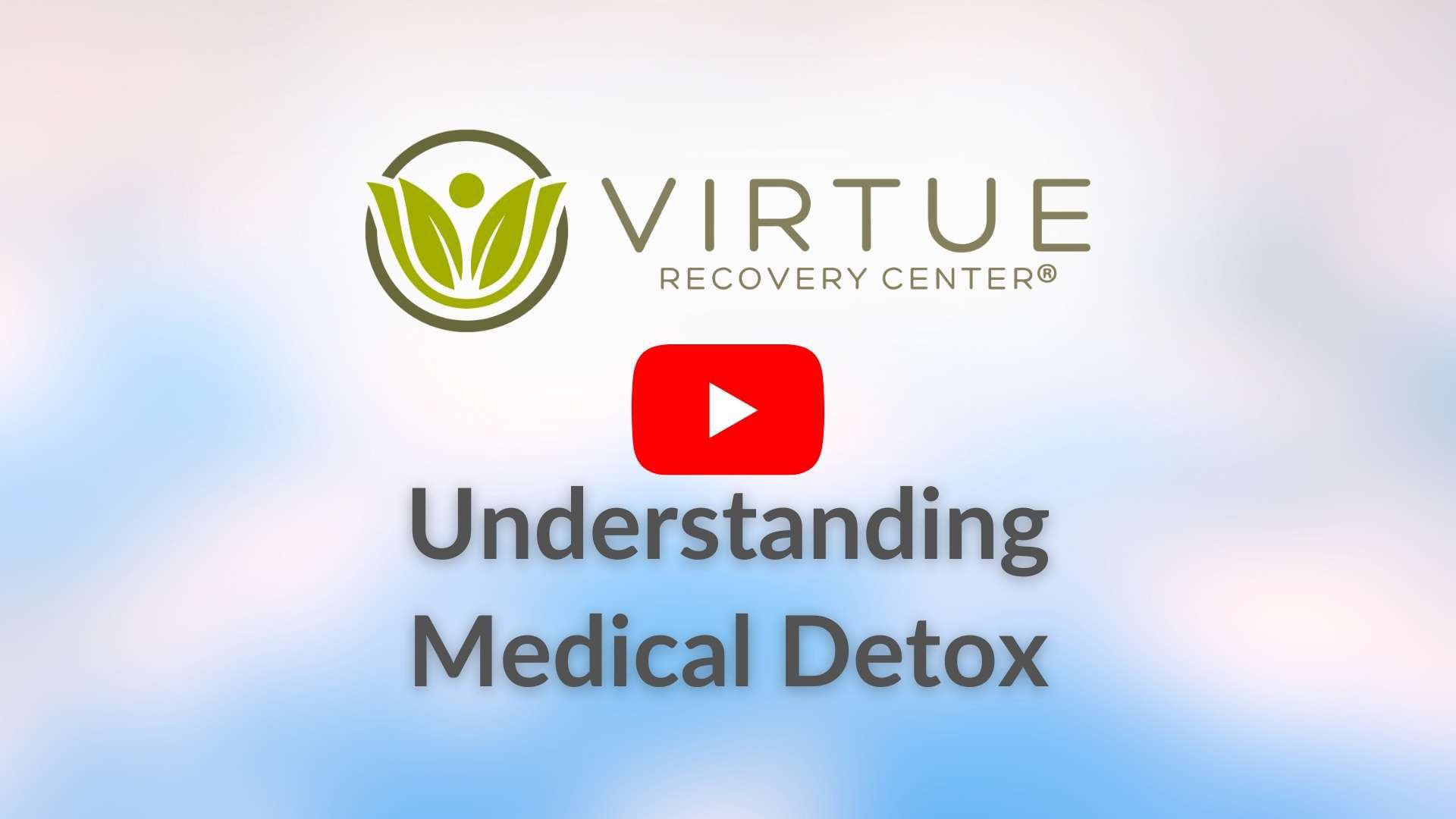
What can I expect during the medical detox process?
During the medical detox process, individuals undergo a structured and medically supervised procedure to safely eliminate addictive substances from the body while managing and minimizing any withdrawal symptoms. Here's a detailed step-by-step breakdown of what typically happens during medical detox:
Initial Assessment: Upon entering a medical detox program, you'll quickly undergo a comprehensive assessment. Healthcare professionals will thoroughly evaluate your medical and substance use histories and record your overall current health status. This assessment helps create a personalized detox plan tailored to your specific needs.
Admission and Orientation: You'll be admitted to our detox facility after an initial assessment. Expert staff members will orient you to the facility, explaining and providing clear rules, your daily schedule, and what you can expect during your stay. This is also when you'll be introduced to the medical team overseeing your care. Any questions you may have are answered in detail, clearly explaining and detailing the process of events necessary for your detoxification.
Detoxification Begins: Detoxification starts with the cessation of all addictive substances, monitored closely by healthcare professionals. The goal is to safely manage any withdrawal symptoms, which can vary in intensity depending on the substance and the duration of use.
Medical Supervision and Support: Medical staff will closely monitor your vital signs and overall health throughout the detox process. Medications may be administered to alleviate possible withdrawal symptoms and reduce cravings. This medical support ensures that any complications are promptly and thoroughly addressed.
Therapeutic Interventions: Besides medical support, our detox program offers therapeutic interventions. These can include individual counseling, group therapy, and sometimes very useful educational sessions about addiction and recovery. These interventions are designed to provide psychological support during your duration in detox.
Nutritional and Physical Care: Detox can be physically demanding. Nutritional support and attention to physical well-being are integral focal points of our process. Balanced meals, hydration, and rest are crucial, with some facilities offering additional services like massage, yoga, or acupuncture to aid in comfort and recovery.
Planning for the Next Steps: Detox is only the first phase of your addiction treatment. As you progress through the detox process, staff will begin discussing the next steps in your recovery journey. This might involve transitioning to an inpatient rehab program, outpatient treatment, or other forms of continued care.
Gradual Transition: As your body stabilizes and withdrawal symptoms diminish, our expert medical team will prepare you for the transition out of the detox program. This includes ensuring you have a solid plan for continued treatment and support.
Discharge: Upon completing the detox process, you'll be officially discharged. At this point, you will have a clear, concise plan for your next steps in recovery, whether that's additional treatment programs, follow-up care, or community support.
It's important to remember that the experience of medical detox can vary significantly from person to person. The duration, intensity of withdrawal symptoms, and specific treatments used can all differ based on individual circumstances and the substances involved.
Frequently Asked Questions (FAQ)
A thorough evaluation is one of the first steps you would experience when undergoing a medical detox. This is when the alcohol or drugs that you are or would be withdrawing from would be determined. However, the process is much more thorough than that. It would also look for any medical conditions, co-occurring disorders, such as mental illness, any other psychologically related factors, and the overall risks of experiencing differing withdrawal symptoms.
Simply put, the big picture will be assessed, as well as the specifics of your drug or alcohol use.
Once you start undergoing the detox experience, you may be issued some medications to assist the process and ease your experience, both from a comfort standpoint and from a safety one.
Some of the more commonly prescribed medications are naltrexone, suboxone, and Vivitrol. They limit opioid withdrawal symptoms. Vivitrol is also widely used for those adjusting to a cessation of alcohol use.
Regardless of whether you are prescribed any medications or not, you will experience close medical supervision, regular monitoring of your vital signs, and a constant assessment of your withdrawal symptoms to ensure that they are all being responded to in the safest way possible. Your nutrition and hydration needs will also be carefully watched and determined.
The length of a medical detox experience will vary depending on what substances were used, how much of them were used, and the individual’s physical makeup, including their body chemistry, genetic makeup, and body weight. However, it will generally last between a few days and a couple of weeks, with most detoxes lasting about a week.
Virtue Recovery Center’s Intensive Inpatient Program includes a variety of therapies and activities designed to support recovery. These encompass individual and group psychotherapy, behavioral therapies such as Cognitive Behavioral Therapy (CBT) and Dialectical Behavior Therapy (DBT), and medication management. Holistic treatments like yoga or meditation are also part of the program, alongside recreational activities that promote physical well-being and mental relaxation. The goal is to offer a well-rounded treatment approach that addresses all aspects of a patient’s health.
Yes, family members can participate in the recovery process at Virtue Recovery Center. The program recognizes the importance of family involvement in the healing journey and offers family therapy as a key component of treatment. This approach helps improve communication, resolve conflicts, and strengthen the support system around the patient. Family members are encouraged to be involved and can receive guidance and support from the center to better understand addiction and mental health issues, contributing positively to their loved one’s recovery.
After completing the medical detox process, Virtue Recovery Center offers a variety of post-discharge support and ongoing care options to foster continuous recovery and well-being. Patients have access to outpatient programs, including Intensive Outpatient Programs (IOP) and conventional outpatient therapy, which provide a smooth transition back to everyday life while preserving therapeutic support. Additionally, the center offers advice on connecting with support groups and leveraging community resources. The goal is to arm patients with the necessary tools and support network to tackle the recovery challenges once they step outside the treatment setting.
If your health insurance is through one of the providers listed here, consult our guide to determine whether your plan covers drug and alcohol rehabilitation services, including medical detox.
- Does Aetna Cover Rehab?
- Does Baylor Scott & White Cover Rehab?
- Does Blue Cross Blue Shield Cover Rehab?
- Does Cigna Cover Rehab?
- Does HealthSmart Cover Rehab?
- Does Magellan Cover Rehab?
- Does Medicaid Cover Rehab?
- Does MultiPlan Cover Rehab?
- Does OWCP Cover Rehab?
- Does TriWest Cover Rehab?
- Does United Healthcare Cover Rehab?
Treatment Programs
Admission
"*" indicates required fields

